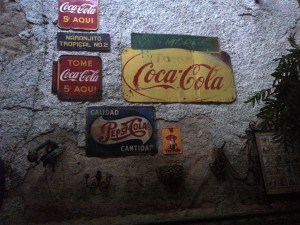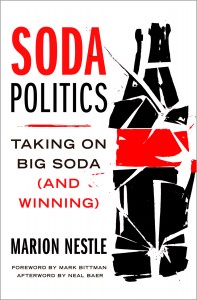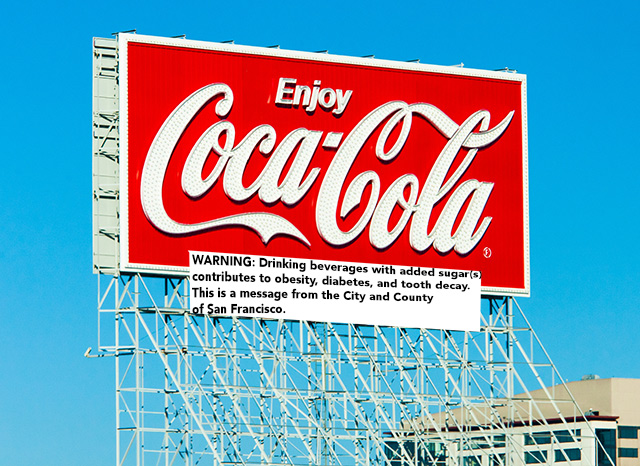Bird flu poses big-time challenges for egg producers
This is a roundup of recent items on the effects of bird flu on egg producers: (1) the toll of the epidemic, (2) the politics, (3) the effects on restaurants, (4) the potential for a vaccine, and (5) a Food-Navigator-USA special edition.
1. The toll: According to the USDA’s Chicken and Eggs report, the number of chickens laying table eggs declined by 33.5 million since April 1, a loss of 11%, and the number of eggs is down by 5%. In May alone, 31.4 million layers were “rendered, died, destroyed, composted or disappeared,” four times the usual mortality rate. No surprise, but egg prices went up by 46 cents in the last couple of weeks and now average $2.05 a dozen for Large white eggs Grade A or better (see USDA’s National Retail Report). Since December, USDA says there have been 223 outbreaks of bird flu that have affected 48.1 million chickens and turkeys.
2. The politics: According to an article in Fortune magazine, the flu epidemic is a consequence of industrial egg production, in which many thousands of birds are packed together.
But perhaps the most troubling aspect of the crisis is its implications for the viability of industrial-scale farming. The egg industry’s huge “layer operations”…are designed to protect birds from contamination, says Michael Osterholm, director of the Center for Infectious Disease Research and Policy at the University of Minnesota at the University of Minnesota. The animals’ environment is tightly controlled…But when a virus pierces such defenses, or when defenses lapse, having all of one’s eggs in one basket (so to speak) can make the impact more devastating.
3. Restaurants: The Des Moines Register reports that restaurants will be raising prices as a result of the egg shortage.
4. Bird Flu Vaccine: According to PoliticoPro Morning Agriculture, a small company in Iowa says it’s got a vaccine that needs USDA approval before it can be used. But people in the poultry industry think it might be “a non-starter for foreign buyers of U.S. poultry products.”
5. Food Navigator-USA’s Special Edition is called Avian flu in focus: Navigating the egg shortage crisis. As Food Navigator explains, “manufacturers that rely on egg products face some big challenges in the weeks and months ahead.”
- United Egg Producers: It could be 1-2 years before US egg industry recovers from avian flu: It could be one to two years before the US egg industry is firing on all cylinders again following the latest avian flu outbreak, says United Egg Producers, a co-op which owns 95% of the nation’s egg-laying hens… Read
- Post Holdings lowers avian flu egg impact forecast after tests confirm false positive for Nebraska flock: Post Holdings says the impact of the avian flu outbreak on its egg volume commitments is not quite as bad as it had warned last month, as tests suggesting a company-owned chicken flock in Nebraska had the deadly virus had proved inaccurate… Read
- Avian flu outbreak has not dented consumer confidence in eggs, reveals American Egg Board survey: Devastating though the latest outbreak of Avian flu has been to the US egg industry, it does not appear to have dented consumer confidence in eggs, says the American Egg Board… Read
- Egg replacement ingredients help manufacturers reformulate in avian flu wake: The spread of avian flu among hens in the U.S. may be slowing, but the resulting egg shortage could take up to two years to rebound. In response, ingredient suppliers are stepping up to the plate and offering a variety of solutions that can replace anywhere from 25% to 100% of eggs in products ranging from baked goods to sauces to noodles… Display
- Avian flu prompting strategic rethink at US food companies, claims Hampton Creek boss: ‘It’s not just about price’: The latest outbreak of avian flu has, predictably, prompted a surge in demand for egg replacers. But some industrial egg users are now considering making permanent changes to recipes and menus rather than just making tactical substitutions whenever egg prices spike, claim suppliers… Read
- Bakers hail new egg supplies from The Netherlands, but warn that avian flu crisis is ‘far from over’: The arrival of egg products from The Netherlands “may make up for about 10% of the supply that’s been lost due to the impact of the avian influenza” in the US, says the American Bakers Association. .. Read
- Egg supplies decreasing at ‘alarming rate’ due to avian flu, warn bakers: Bakers and other big users of eggs could face major supply shortages if the government does not act quickly to allow temporary imports from more egg-producing countries, claims the American Bakers Association (ABA), which says “25% of industrial egg product production, including liquid, frozen, and powdered eggs, is now offline due to avian influenza”…Read
- Consumers increasingly value animal welfare and seek out retailers, CPGs that do, too: Consumer concern about animal welfare is rising to a level that retailers – and by extension CPG manufacturers and suppliers – can no longer ignore, according to new research by the Food Marketing Institute… Read

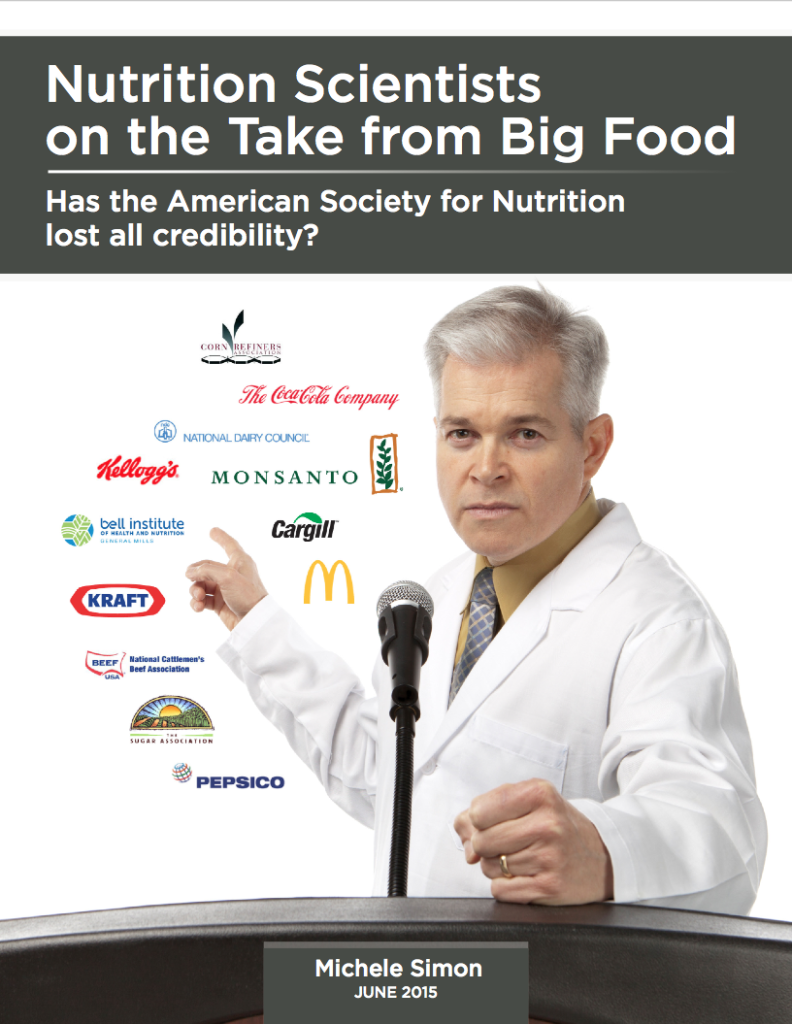
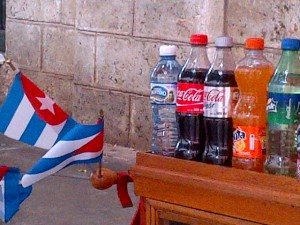

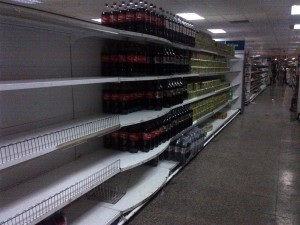 As for soda marketing, it’s only collectors’ items. These are on the wall of Paladar San Cristóbal, in Central Havana:
As for soda marketing, it’s only collectors’ items. These are on the wall of Paladar San Cristóbal, in Central Havana: